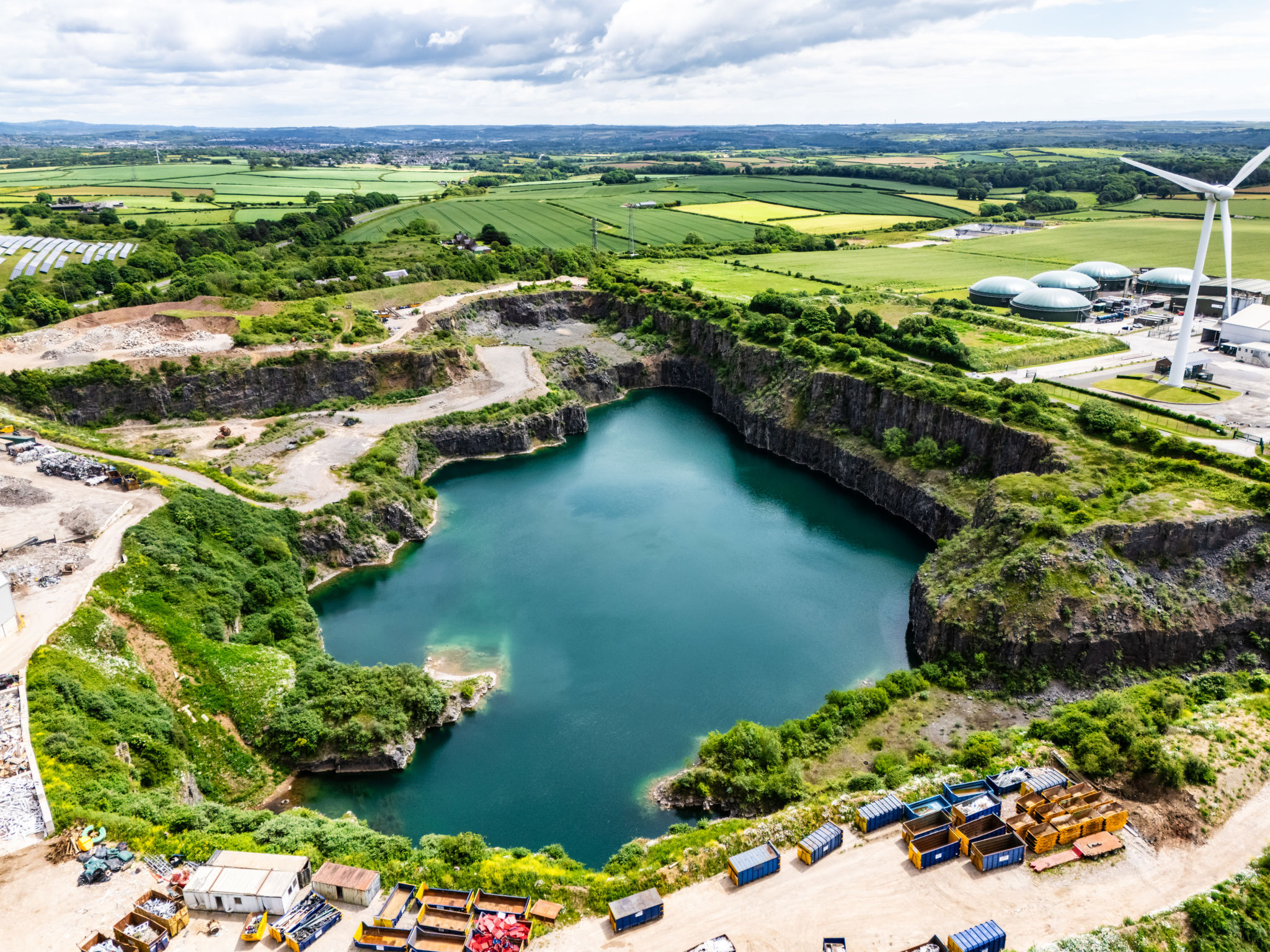Sustainable Sourcing of Natural Stones in Egypt: What You Need to Know
Understanding Sustainable Sourcing
In recent years, sustainability has become a crucial consideration in various industries, including construction and interior design. When it comes to sourcing natural stones, such as marble and granite, the focus on sustainable practices has grown significantly. Egypt, known for its rich deposits of natural stones, offers unique opportunities and challenges in this area.
Sustainable sourcing of natural stones involves ensuring that extraction and processing methods are environmentally friendly and socially responsible. This means minimizing environmental impact, reducing waste, and ensuring fair labor practices. For companies sourcing stones from Egypt, understanding the local landscape is essential.

The Importance of Sustainable Practices in Egypt
Egypt's natural stone industry plays a vital role in the country's economy, but it also poses environmental and social challenges. The extraction processes can lead to habitat destruction, water pollution, and significant energy consumption. Hence, adopting sustainable practices is imperative to mitigate these impacts.
Moreover, sustainable sourcing supports local communities by providing fair wages and safe working conditions. It also ensures long-term availability of resources by promoting responsible quarrying techniques. Companies committed to sustainability are often seen as more reputable and trustworthy, which can enhance their brand image.

Key Practices for Sustainable Sourcing
To achieve sustainable sourcing of natural stones from Egypt, several key practices should be implemented:
- Eco-friendly Extraction: Use advanced technologies that reduce the environmental footprint of quarrying activities.
- Waste Management: Implement effective waste management systems to recycle and repurpose by-products.
- Energy Efficiency: Utilize renewable energy sources where possible to power quarry operations.
- Community Engagement: Work closely with local communities to ensure fair labor practices and positive social impact.
Challenges in Implementing Sustainable Sourcing
Despite the clear benefits, implementing sustainable sourcing practices in Egypt's natural stone industry is not without challenges. The lack of strict regulations can make it difficult to enforce sustainable practices consistently. Additionally, the initial investment required for eco-friendly technologies can be a barrier for smaller companies.

However, increasing global demand for sustainably sourced materials is encouraging more businesses to adopt these practices. By prioritizing sustainability, companies can not only improve their environmental impact but also gain a competitive edge in the market.
The Role of Technology and Innovation
Technology plays a pivotal role in advancing sustainable sourcing practices. Innovations such as precision cutting tools and automated machinery can minimize waste and enhance efficiency in stone processing. Furthermore, advancements in transportation logistics can reduce the carbon footprint associated with shipping stones internationally.
Digital platforms are also aiding transparency by allowing customers to trace the origin of their stones and verify sustainable practices. These technological advancements are crucial for pushing the industry towards more sustainable operations.

The Future of Sustainable Stone Sourcing in Egypt
As awareness of environmental issues continues to grow, the demand for sustainably sourced natural stones is expected to rise. Egypt is poised to become a leader in this area if it invests in sustainable technologies and enforces stricter regulations.
Collaborations between government bodies, local communities, and international companies could foster an environment where sustainable practices thrive. By taking proactive steps today, Egypt can ensure the longevity and prosperity of its natural stone industry for generations to come.
